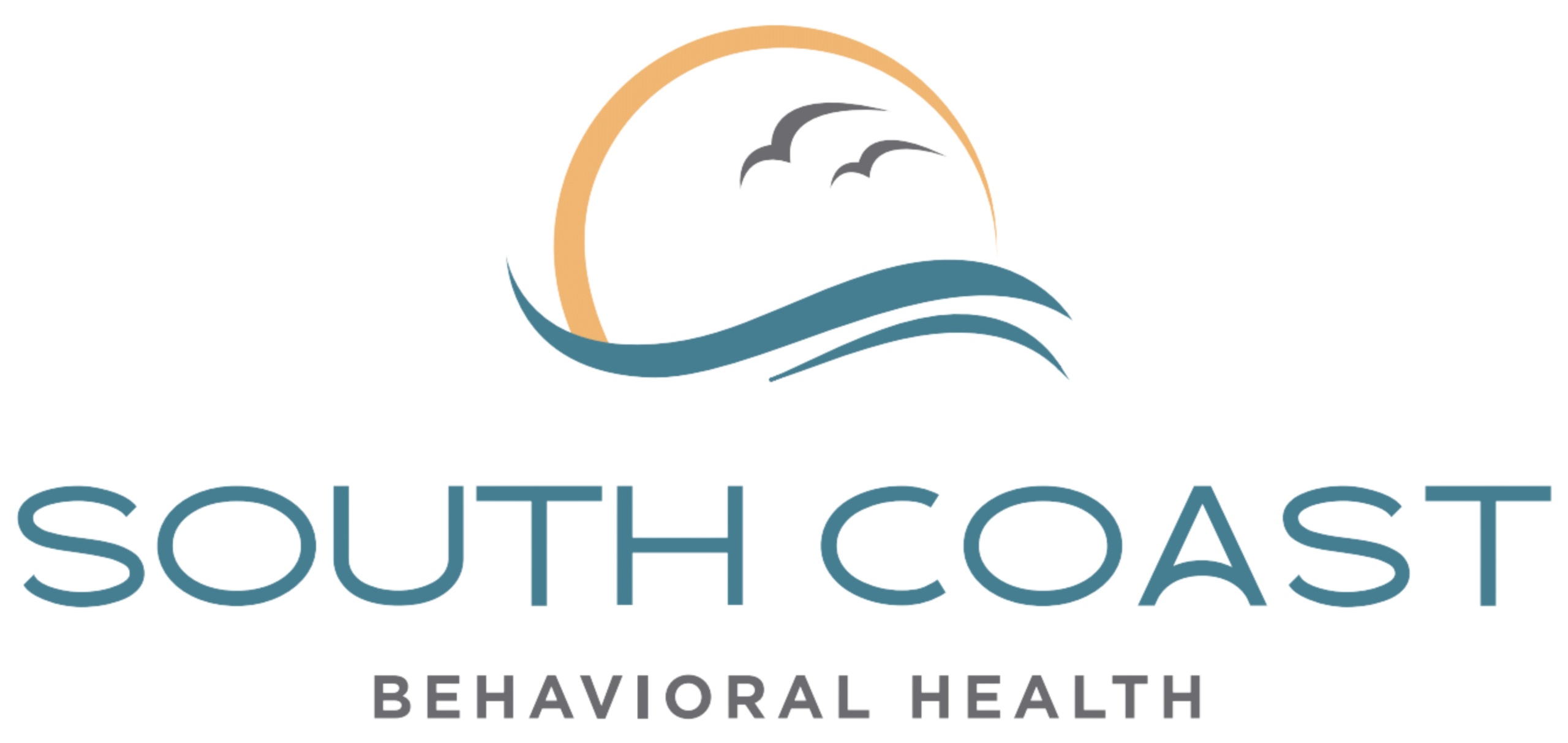One of the main questions people have when considering treatment is how long is alcohol rehab. Rehab for alcohol use disorder can take anywhere from one to three months. Exactly how long it will take for you will depend on a couple of factors. This article will explain in more detail what you need to know about alcohol detox and recovery.
What Is Alcohol Rehab and How Does It Help?
Alcohol rehab is the treatment of alcohol use disorder, also known as alcoholism. The main objective is to help people detox from alcohol and stop using it going forward. It’s typically administered by doctors, nurses, and therapists within the confines of a certified rehab facility.
Alcohol treatment often involves a combination of detoxification (to manage withdrawal symptoms), counseling, behavioral therapies, and support groups. These components work together to help individuals understand the root causes of their addiction, develop coping strategies to deal with triggers and build a supportive network, making it possible for them to abstain from alcohol and make healthier choices moving forward.
Rehab for alcohol use disorder helps people improve their mental and physical health and regain control over their lives. Alcohol rehab programs at rehab centers are tailored to meet the specific needs of each person and can vary in length and intensity.
How Long Is Alcohol Rehab?
The duration of alcohol rehab can vary widely among individuals, depending on several factors, including:
- Addiction Severity — Naturally the severity of the alcohol use disorder will play a role. Those with more serious cases, like chronic alcohol abuse, will require longer periods of treatment.
- Presence of Co-occurring Mental Health Conditions — Co-occurring disorders such as PTSD or depression can lead to alcoholism, but also be exacerbated by it. This complicates treatment, making it take longer.
- Type of treatment program — Inpatient or residential treatment programs, where individuals live at the treatment facility, typically offer 30-, 60-, and 90-day options. However, outpatient programs, which allow individuals to live at home while attending treatment sessions, may vary more significantly in length.
- Insurance — The Affordable Care Act mandates insurance companies cover addiction treatment. However, they don’t necessarily have to pay for inpatient treatment or cover it 100%. Out-of-pocket costs may force you to limit the duration of your treatment.
Generally, alcohol treatment programs can range from short-term options that last about 30 days to long-term programs that can extend to 90 days or even longer. Some individuals struggling with alcohol may require ongoing support and choose to participate in outpatient treatment or aftercare programs following the initial rehab period.
What Happens During Inpatient Alcohol Rehab?
Inpatient alcoholism rehab is the first and longest stage of the alcoholism rehab process. During inpatient alcohol treatment, clients live at a treatment facility while receiving intensive care for alcohol addiction. This setting provides a stable environment that helps minimize the risk of relapse during the recovery process.
There are a few preliminary steps that need to take place before inpatient treatment can happen:
- Admission and Assessment — Upon entering inpatient rehab, individuals undergo a thorough assessment that includes medical, psychological, and sometimes psychiatric evaluations. This assessment helps the treatment team create a personalized treatment plan tailored to the individual’s needs and circumstances.
- Detoxification — Also known as detox, this step involves the client ceasing all alcohol use so his body can clear it from his system entirely. This step is crucial as it helps manage withdrawal symptoms safely, which can range from mild discomfort to life-threatening conditions. Medical professionals may administer medications to ease withdrawal symptoms and monitor the individual’s health throughout the process.
After detox, the core of inpatient rehab begins, focusing on various therapeutic interventions designed to address the psychological aspects of addiction:
- Individual Therapy — Typically involves cognitive-behavioral therapy (CBT) which helps individuals identify and change negative thought patterns and behaviors.
- Group Therapy — Provides peer support and enables individuals to share experiences and coping strategies.
- Family Therapy — Helps mend relationships and involves family members in the recovery process.
- Specialized Therapies — Depending on the facility, other therapies such as art therapy, music therapy, or equine therapy may be offered.
How long alcohol rehab takes can vary widely depending on individual needs but typically ranges from 30 to 90 days.
Get confidential help from our addiction treatment specialists in Orange County. Call to join our rehab program today!
Call 866-881-1184Cost of Treatment
It’s important to keep in mind that if insurance refuses to cover the full 90 days, you would be responsible for paying out of pocket. Inpatient care typically costs at least $7,000 per month. The price range for basic therapy is $2,000– $25,000. Enrolling in a long-term luxury program might run you anywhere from $75,000 to $80,000. These costs are prohibitively expensive for most people, and thus are an important factor in determining how long your alcohol rehab will last.
Even if you have health insurance, there may be additional, out-of-pocket expenses for alcohol addiction treatment. For those who are worried about paying for their rehabilitation, payment plans might be available.
What Happens During Outpatient Alcohol Rehab?
An outpatient alcohol program is typically where you move to after completing inpatient treatment. It’s a flexible treatment program designed for individuals who need support for alcohol abuse but also require the ability to continue with their daily activities like work, school, or family responsibilities.
Unlike inpatient alcohol rehab, where participants live at the treatment facility, outpatient rehab allows individuals to live at home while attending treatment sessions at a clinic or rehab center for a certain number of hours each week.
Similar to inpatient alcohol treatment, outpatient rehab begins with an initial assessment to evaluate the individual’s physical and mental health, the severity of the alcohol issue, and any other co-occurring disorders. This assessment helps in creating a personalized treatment plan that aligns with their specific needs and schedules.
During outpatient treatment, the therapies used are quite similar to those in inpatient settings but adjusted to fit the less restrictive nature of outpatient care. Cognitive-behavioral therapy (CBT) is commonly employed to help clients identify and modify harmful thought patterns and behaviors related to alcohol use.
Group therapy sessions are also a staple, providing a support network and a platform for sharing experiences and coping strategies. Many programs also offer family therapy, recognizing the importance of involving loved ones in the recovery process and repairing interpersonal relationships.
Looking for quality substance abuse treatment that’s also affordable? South Coast accepts most major insurance providers. Get a free insurance benefits check now.
Check Your CoverageAlcohol Rehab Program in Orange County, CA at SCBH
If you or a loved one are seeking treatment for alcoholism, South Coast Behavioral Health is here to help. The first step in treating alcohol addiction is a medical detox. This means using drugs to manage withdrawal symptoms.
Our medical detox program in California is staffed by compassionate and knowledgeable specialists who can provide you with medications to manage your withdrawal symptoms.
At South Coast, we take pride in offering care that is closely tailored to specific issues. It’s for that reason we offer gender-specific detox programs, with medical detox for women in Huntington Beach, CA. and medical detox for men in Irvine, CA.
After detoxing, proper treatment can begin.
Treatment for substance abuse in Southern California takes place along an entire spectrum of care. Along that entire spectrum is a mix of evidence-based therapy modalities, support groups, holistic therapy, and the use of medically-assisted treatment (MAT).
These levels of treatment are, in order, as follows:
Residential Treatment in California
After successfully completing medical detox, you’ll receive inpatient treatment for alcoholism in Orange County California. There, you’ll receive medically-assisted treatment and dual diagnosis treatment to deal with any cravings or co-occurring mental health issues you may be battling.
We also offer residential alcohol treatment facilities in Costa Mesa, Irvine, and Huntington Beach for those who desire gender-specific treatment. There, patients receive round-the-clock care and monitoring while living at the institution full-time.
In addition to individual and group counseling and medication management, you’ll also have access to recreational activities and family support services.
Partial Hospitalization in California
Most clients start alcohol abuse treatment with South Coast in our inpatient treatment program. After completing that, many desire something that still provides structure and support, but with extra space and time to oneself. For that, we offer Partial Hospitalization in Newport Beach.
A step down from inpatient care but with more structure than conventional outpatient programs, partial hospitalization offers a good balance for those looking to ease back into normal life. Clients can receive care five to seven days a week for a number of hours each day, returning back to their homes in the evening.
This way, they can recover without putting their daily lives completely on hold, receiving intense therapeutic interventions like group and individual therapy, skill development, and medication management as necessary.
Intensive Outpatient Treatment in California
For those leaving inpatient residential treatment or partial hospitalization, our Intensive Outpatient Program in Newport Beach is yet another gradual step forward on the road to recovery.
With a focus on group therapy, individual counseling, and education, clients in our IOP meet three to five days a week. Each session lasts three hours.
This level of care requires the least amount of attendance at a facility.
Start Today
If you or a loved one are struggling with addiction, we’re here to help. Learn more about how long addiction treatment takes or if you have other questions, call us at 866-881-1184. Our highly qualified staff will be happy to help give you an idea of what to expect from your addiction recovery timeline, verify your insurance, and assist with any other questions you may have.























